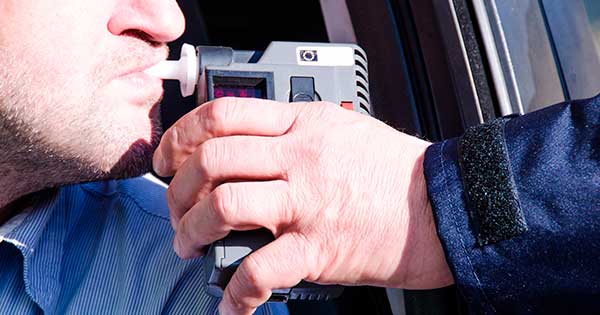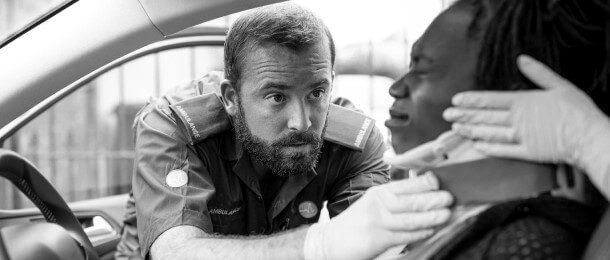Why SEO is not a “set it and forget it” strategy for law firms
When you work with a reputable agency like dNovo Group to optimize your law firm website, expect your traffic to...

A criminal case is handled by the government who will lay formal charges, or an indictment, against the accused person. Criminal cases can be summary conviction offences, which are relatively minor incidents that often do not include a term of imprisonment; or indictable offences, which comprise the majority of criminal offences under the Criminal Code and have more serious legal consequences. The relevant parties will be the alleged drunk driver (known as the “accused”) and the prosecution (known as the “Crown” or “Crown Attorney”).
Drunk driving is known as a “hybrid offence”, which means it can be classified as either a summary conviction or indictable offence under Section 253(1) of the Criminal Code, depending on the severity of the crime and the extent of the injuries suffered by the victim. The decision of how to proceed is ultimately made by the Crown.
A civil case, in contrast, is a dispute between private parties. The goal of a civil case is not to punish or rehabilitate an offender, but to return the injured party to the state in which they would have been if the incident had not occurred. The parties in this case are called the “plaintiff” and the “defendant”.
Criminal and civil cases not only differ with respect to the relevant parties and how they proceed through the legal system, but in the legal consequences that may ensue. Whereas in a criminal case, the consequences may include legal fines (that are payable to the government) or a term of imprisonment, civil cases almost exclusively involve one party paying monetary compensation to another party.
Because of what’s at stake, the standard of proof or evidentiary burden for each type of case also differs.
In a criminal case, the Crown is required to prove the charges beyond a reasonable doubt.
In a civil case, the plaintiff only needs to prove his/her case on a balance of probabilities.
Interestingly, there has been ample legal debate over the legal definition of these terms, but suffice it to say, in a criminal case a prosecutor must prove the case to a much higher evidentiary level as compared to a civil case.
If you have been injured by a drunk driver, Grillo Law P.C. will help you advance your civil case in order to obtain the compensation you deserve.
Do not hesitate to contact us today!

Blog
When you work with a reputable agency like dNovo Group to optimize your law firm website, expect your traffic to...
Examination for discovery is a critical and important part of the litigation process. At an examination for discovery parties will...
by Stefanie PereiraHow Car Accident Tort Settlements Work in Ontario Fact scenario: Mrs. A is a 63 year old woman living in...
by Moussa Sabzehghabaei
Request a free consultation!
Call us today for a FREE consultation regarding your accident benefits claim.
Call: +1 855-225-5725
You will not pay any fees
until your case is won or settled
REQUEST A FREE CONSULTATION!
You will not pay any fees until your case is won or settled.
Thank you!
Amet minim mollit non deserunt ullamco est sit aliqua dolor do amet sint. Velit officia consequat duis enim velit mollit.